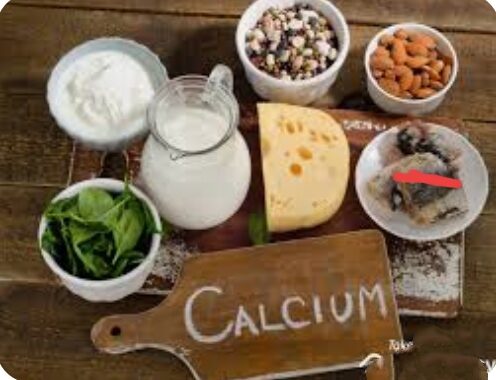Your body requires 1000-1200 milligrams of calcium daily. Milk 🥛definitely provides calcium for the body. 250 ml glass of milk provides about 300 mg of calcium, which is about 25% of your daily calcium requirement.
But there are many foods that provides about 300 mg of calcium. Let’s take a look at what foods provide more calcium than a glass of milk.
Ragi 🌾:
Ragi is one of the rich sources of calcium.Just 100 grams of ragi contains about 345 milligrams of calcium. Make sure to consume ragi in some form at least 4 times a week. Ragi flour can be added to your diet in the form of chapati, appam, dosai, malt etc.
Yogurt 🥞:
1 cup of plain yogurt provides 300-350 milligrams of calcium. Yogurt can be consumed daily for breakfast or lunch. You can have curd along with dal and sabji. Yogurt garnished with chopped fresh fruits and nuts is a healthy breakfast and delicious snack.
Tofu 🍮:
Just 200 grams of tofu provides 700 milligrams of calcium. Tofu is very similar to paneer and can easily be substituted for cottage cheese in your recipes. You can stir-fry vegetables with tofu or make a plain tofu salad.Certain compounds in plants (e.g., oxalic acid, phytic acid) can decrease calcium absorption by forming indigestible salts with calcium, decreasing its absorption. When people eat many different types of foods, these interactions with oxalic or phytic acid probably have little or no nutritional consequences. Absorption of calcium is only 5% for spinach, whereas it is much higher, at 27%, for milk. Net absorption of dietary calcium is also reduced to a small extent by intakes of caffeine and phosphorus and to a greater extent by low status of vitamin D.
But other plants do not contain these compounds—including broccoli 🥦, kale, 🥬 and cabbage. The calcium in it will be absorbed as from milk .
Other than these, almonds, low fat milk and it’s yogurt, sprouted green gram, fish, are all rich in calcium.
Another important thing for the best absorption of calcium we need to take sun 🌞 bath everyday for 15 minutes to get vitamin D, which is important for the absorption of calcium.


